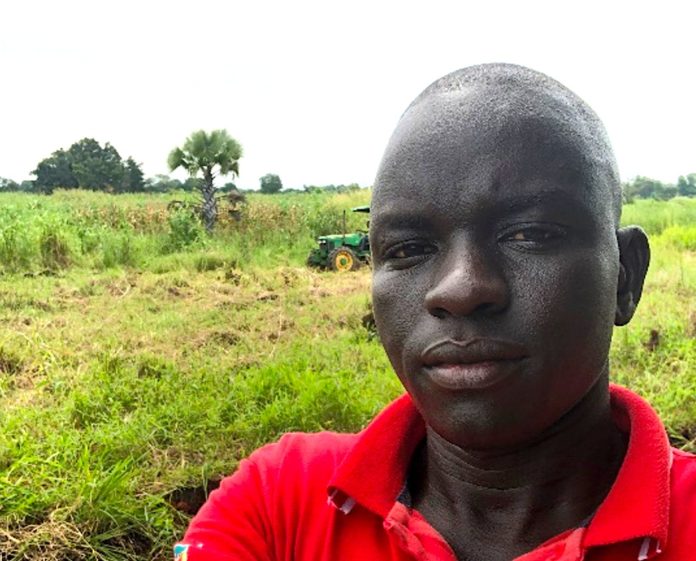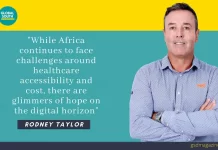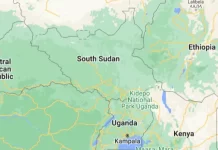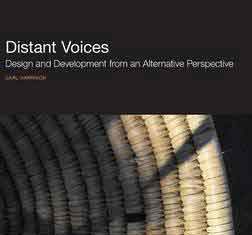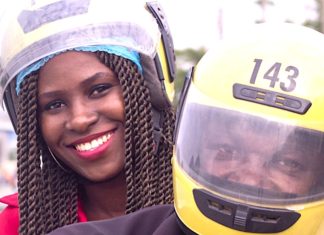Efuk Barsabas, a South Sudanese student, didn’t apply for corporate jobs in the UK after completing an M.Sc. in Food Security and Development from the University of Reading. Mr. Barsabas returned to his native South Sudan and embarked on an ambitious plan.
He set up a new cooperative vegetable farm that is estimated to benefit over 15,000 beneficiaries. Mr. Barsabas also started working for the United Nations Mission in South Sudan (UNMISS) and trained over 300 women in conflict management.
Barsabas’ UK degree was made possible by the Marshal Papworth Scholarship awarded by The Marshal Papworth Fund, an agricultural development charity managed by the East of England Agricultural Society.
Before my return to South Sudan, I promised to establish a vegetable farm in my community to fight poverty and food insecurity, says Barbasas.
“Before my return to South Sudan, I promised to establish a vegetable farm in my community to fight poverty and food insecurity,” says Barbasas. “I have begun to implement my words by establishing a community farm, named Hidiriha Cooperative Society.”
“We have cultivated varieties of vegetables and crops for over 15,000 beneficiaries locally, planting crops such as eggplants, okra, sukuma wiki, green pepper, squash, and tomatoes.”
“By embarking on agricultural development in this way we are working towards ending food insecurity in South Sudan,” he adds.
After its independence in 2011, South Sudan plunged into a bloody civil war that claimed more than 2,00,000 lives. After a peace deal in February this year, things have calmed down a bit, but peace hasn’t still prevailed in the country.
So, Barsabas decided to work in the field of conflict management, too.
“Since my return, I have implemented several training workshops on conflict management – particularly targeting pastoral groups and working with 300 women at the grassroots who are caught up in conflicts within South Sudan,” he says.
He has also been offering voluntary consultancy on agricultural extension, providing support to over 34 small scale farmers on different aspects of farming. His knowledge of agricultural extension and self-reliance has helped several farmers increase their productivity beyond just subsistence.
“In the wake of COVID -19, I have also helped in engaging over 500 people from the Eastern Equatoria State of South Sudan to observe COVID-19 guidelines to prevent its spread in my country,” says Barsabas.
“It is great to see Barsabas making inroads to promote sustainable agriculture in South Sudan, where conflict often leaves little space for agricultural development, ” says Tom Arthey, chairman of the Marshal Papworth Fund, the organization behind the scholarship which Barsabas received.
“With over 15,000 beneficiaries of his cooperative vegetable farm as well as his participation in vital workshops to support women to overcome the pains of conflict, Barsabas is doing the Marshal Papworth Fund proud,” adds Arthey.
The Marshal Papworth Fund has now welcomed 215 agricultural development students, working across developing countries to overcome issues including food insecurity, poverty and climate change in a sustainable way. Whilst in the UK, the students attend a number of supplementary visits to farms and other agricultural enterprises, that allow them to see, first-hand, the techniques and management practices UK farmers use to build sustainable and profitable businesses.
For both the Masters and 10-week short-course students, these practical learnings enable them to go back to their home countries with both policy design and practical implementation ideas that can benefit the farmers in their own communities, as shown by the work that Barsabas is doing.


